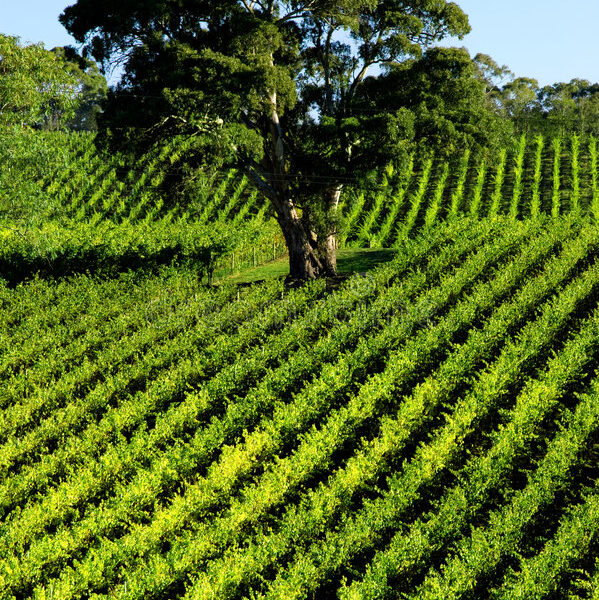Fig trees and vineyards are used symbolically and literally throughout scripture. But several months ago, a passage of scripture including both plants caught my attention, and I haven’t been able to get away from it! I have researched and found out some very interesting things about fig trees and vineyards. I want to share those findings with you!
He spake also this parable; A certain man had a fig tree planted in his vineyard; and he came and sought fruit thereon, and found none. Then said he unto the dresser of his vineyard, Behold, these three years I come seeking fruit on this fig tree, and find none: cut it down; why cumbereth it the ground? And he answering said unto him, Lord, let it alone this year also, till I shall dig about it, and dung it: And if it bear fruit, well: and if not, then after that thou shalt cut it down.
Luke 13:6-9
Things I noticed about this passage of scripture:
- This man had a fig tree PLANTED (intentionally put) in his vineyard. (Vineyard= where grapes grow).I wanted to know WHY!
- He expected this fig tree to produce fruit every year. Understandable. It’s frustrating when you put time, money, and effort into crops that don’t yield fruit!
- Why did the dresser of the vineyard not prune, fertilize, and aerate the ground in years prior? If he knew what it took to encourage growth, why didn’t he do those things before?
After much research and prayer, here is what I have pieced together about this parable:
The fig tree was planted for a purpose. It was a deterrent.
Fig trees and grapes bear fruit at the same time. (“The fig tree putteth forth her green figs, and the vines with the tender grape give a good smell.” Song of Solomon 2:13) This is important. Because birds LOVE to eat the grapes off the vine, the owner of the vineyard would often plant fig trees to encourage birds to eat the figs, instead. Figs have larger fruit, with larger seeds, making them more enticing for birds.
Birds create huge problems when they begin messing with the fruit of the vine in your vineyard! They start by simply pecking multiple berries. This pokes holes in the protective skin of the grapes, allowing for bacterial and fungal growth. Which, in turn, leads to disease and rot, rendering the grapes inedible. After they peck holes in the grapes, they will suck the sweet juices out of them. Finally, they will devour the fruit altogether. Can we assimilate this with our lives for a moment? What are the “birds” you have allowed in your vineyard? The joy-robbers, peace-stealers, and things you have allowed to permeate and take up residence in your mind?
The owner of the vineyard is ultimately responsible.
Now, let’s talk about the husbandman, or owner of the vineyard for a moment. He bears responsibility for the fig tree that didn’t produce the figs. AND because of this, he allowed the birds to eat his grapes for three years. “..they made me the keeper of the vineyards; but mine own vineyard have I not kept.” Song of Solomon 1:6
When we go to Church, and expect the pastor to teach us about God, we still have a responsibility to study about Him ourselves. How much time do we spend tending our own vineyard? Do we check regularly to ensure that no “birds” have gotten into our life to devour our fruit? This requires prayer, soul searching, and seeking forgiveness. Which brings me to the next point…
An ounce of prevention is worth a pound of cure.
The dresser of the vineyard knew what was required to encourage growth and fruit-bearing in the fig tree. Why were these things not already part of his normal, daily routine? Perhaps he had gotten lazy. Maybe he felt overwhelmed with all he had to take care of. Or it’s possible that he felt like the vines and grapes themselves (ministries, and things we do in public for God) were the most important things, thereby allowing the fig tree (Bible study, personal quiet time, prayer) and its fruits to suffer or lack.
Everybody wants a beautiful vineyard. We all want to produce plentiful fruit. Our goal is for our fruit to be sweet. But there is work to do in order to achieve this goal.


Wow just wow! This is such a good and convicting reminder to tend to every area of our lives! Thank you for this great study! ❤️
I loved studying this. Thank you! Glory goes to God though.